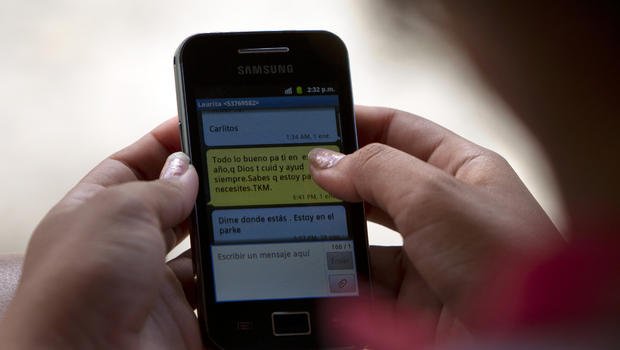The US government aid agency USAID was behind ZunZuneo, a text-message service that was allegedly designed to foment unrest in Cuba, the White House confirmed today.
ZunZuneo, dubbed a “Cuban Twitter”, had 40,000 subscribers at its height in a country with limited web access, reports the Associated Press.
The Cuban Twitter project is said to have lasted from 2009-2012 when the grant money ran out.
The US reportedly hid its links to the network through shell firms and by routing messages via other countries.
There has been no official Cuban government reaction to the story.

The scheme, first reported by the Associated Press news agency, was operated by the US Agency for International Development (USAID).
It is a federal international development organization run under the aegis of the Department of State.
At a daily news briefing on Thursday, White House spokesman Jay Carney said the project had been debated by Congress and passed oversight controls.
Jay Carney said: “These are the kinds of environments where a program like this and its association with the US government can create problems for practitioners and members of the public.
“So appropriate discretion is engaged in for that reason but not because it’s covert, not because it’s an intelligence programme, because it is neither covert nor an intelligence program.”
The USAID said it was proud of its efforts in Cuba and that it worked to help people everywhere to exercise their rights and connect them with the outside world.
However, the report could undermine USAID’s longstanding claim that it does not take covert action in the countries where it operates aid programs.
ZunZuneo, slang for a Cuban hummingbird’s tweet, was reportedly designed to attract a subscriber base with discussion initially about everyday topics such as sport and weather.
US officials then planned to introduce political messages to spur the network’s users into dissent from their communist-run government, the Associated Press reports.
Executives set up firms in Spain and the Cayman Islands to pay the company’s bills and funneled the text messages away from US servers.
A website and bogus web advertisements were reportedly created to give the impression of a real firm.
Senator Patrick Leahy, chairman of the foreign operations appropriations subcommittee, said the revelations were troubling.
[youtube _oQSNdctoXQ 650]
[youtube mQUdAR2glFE 650]
